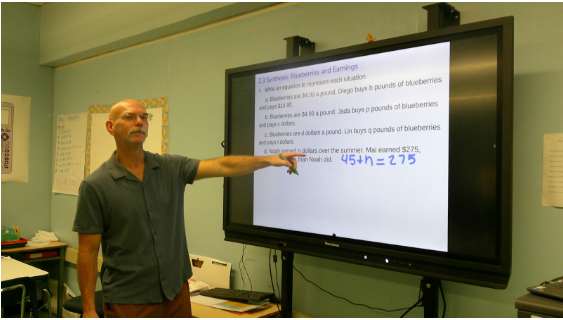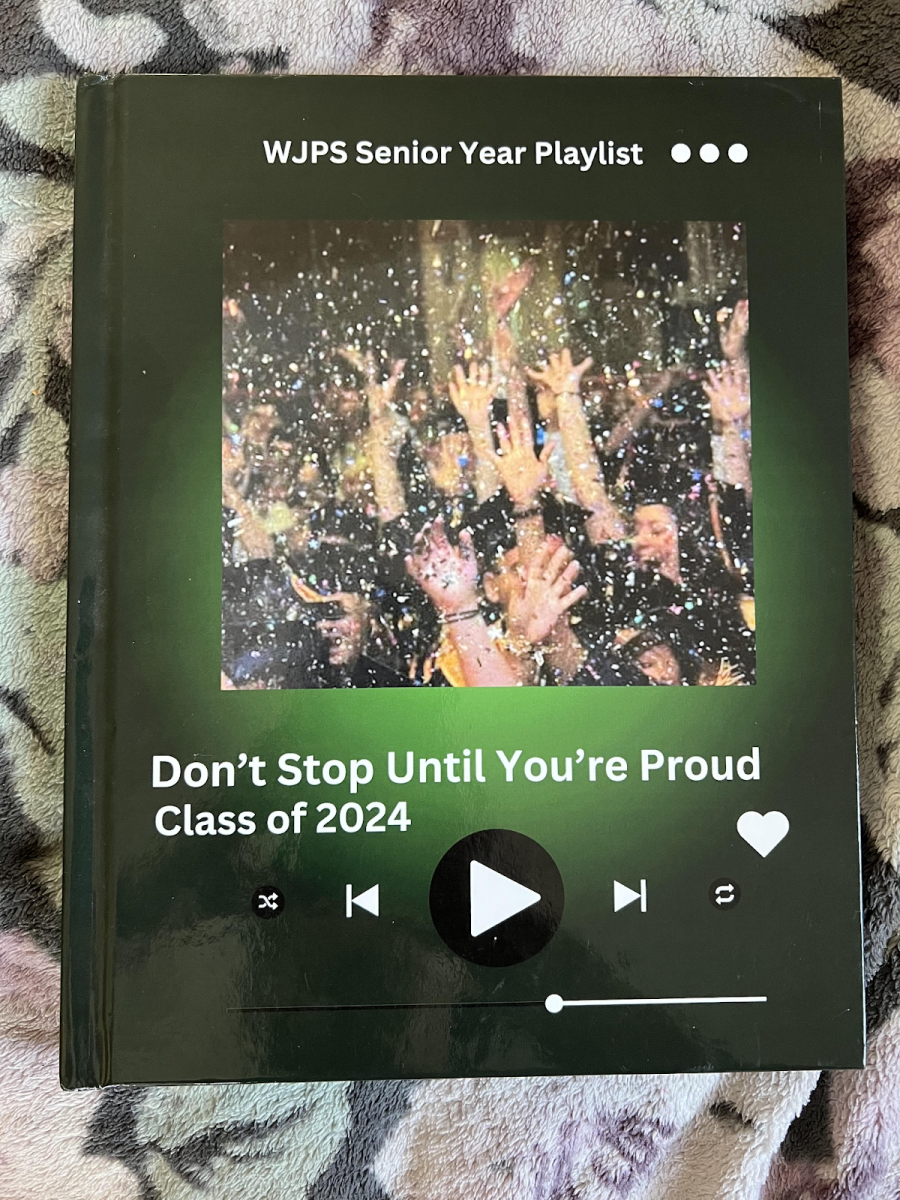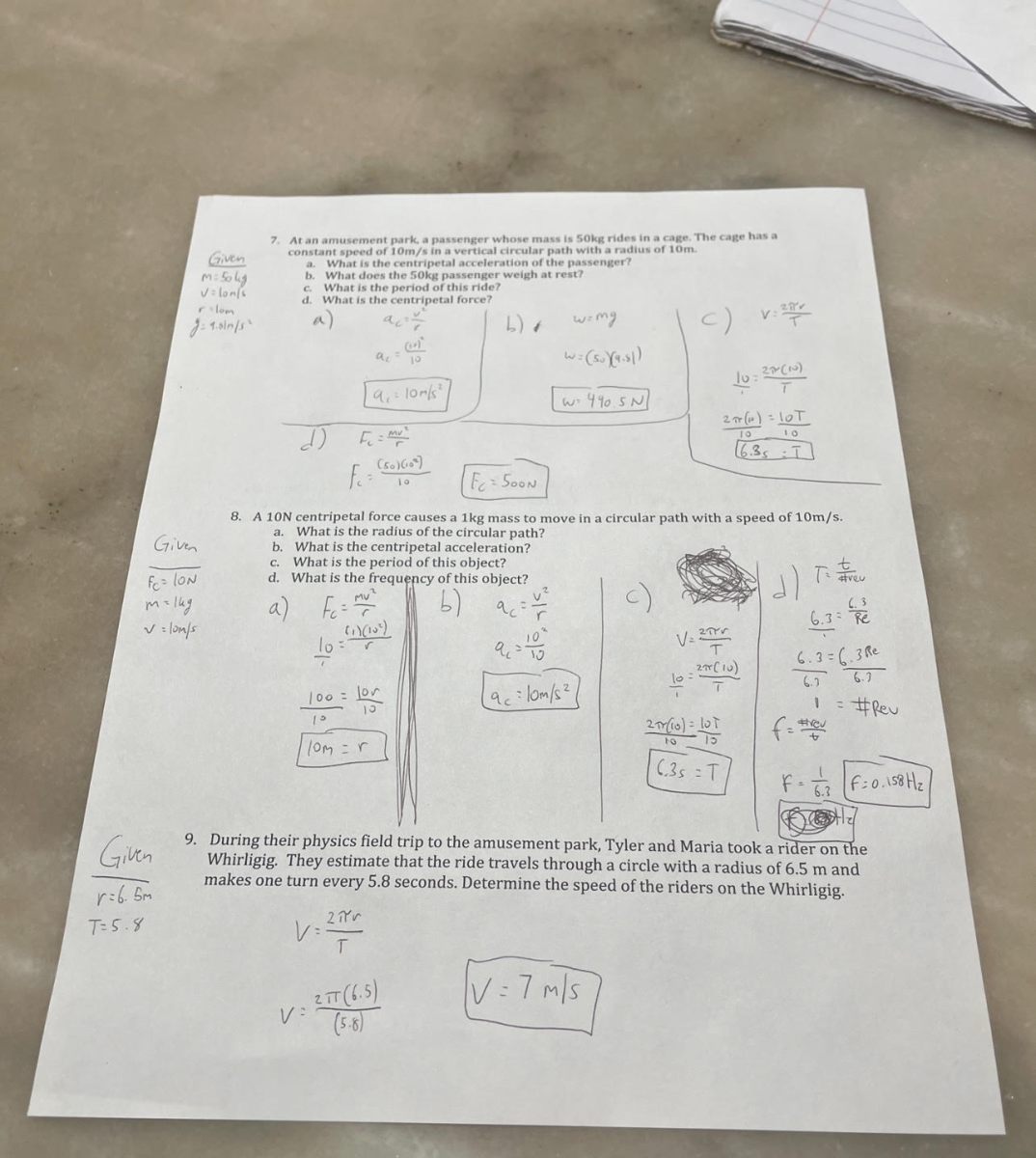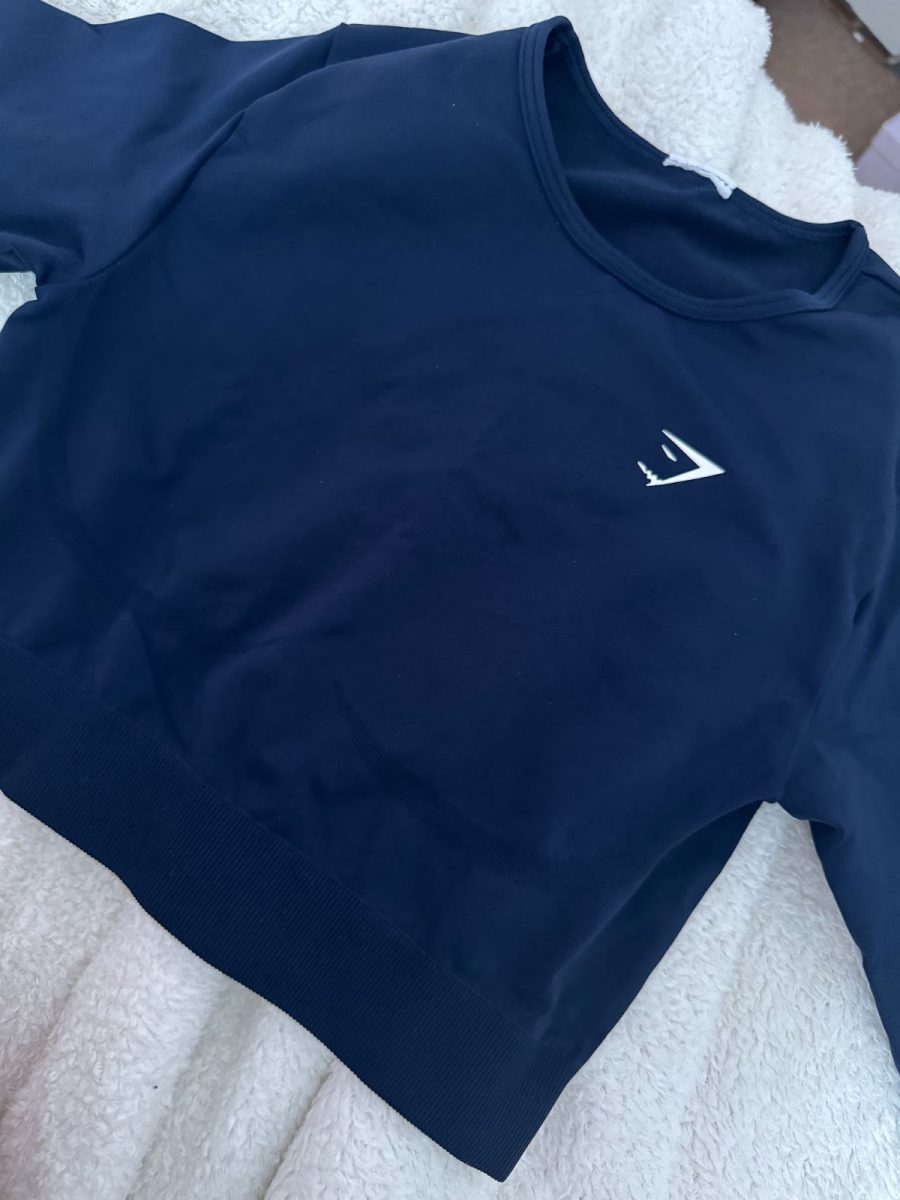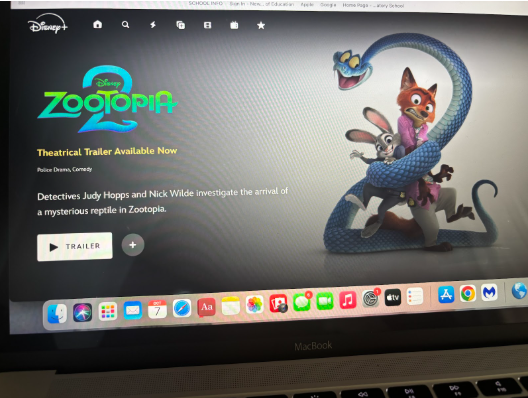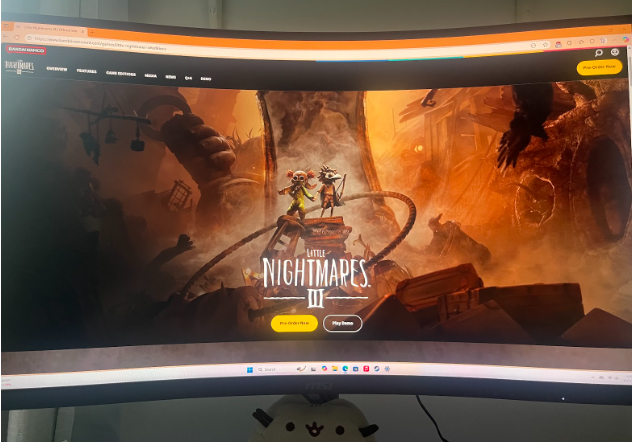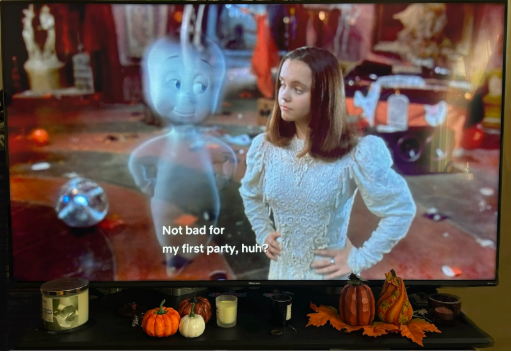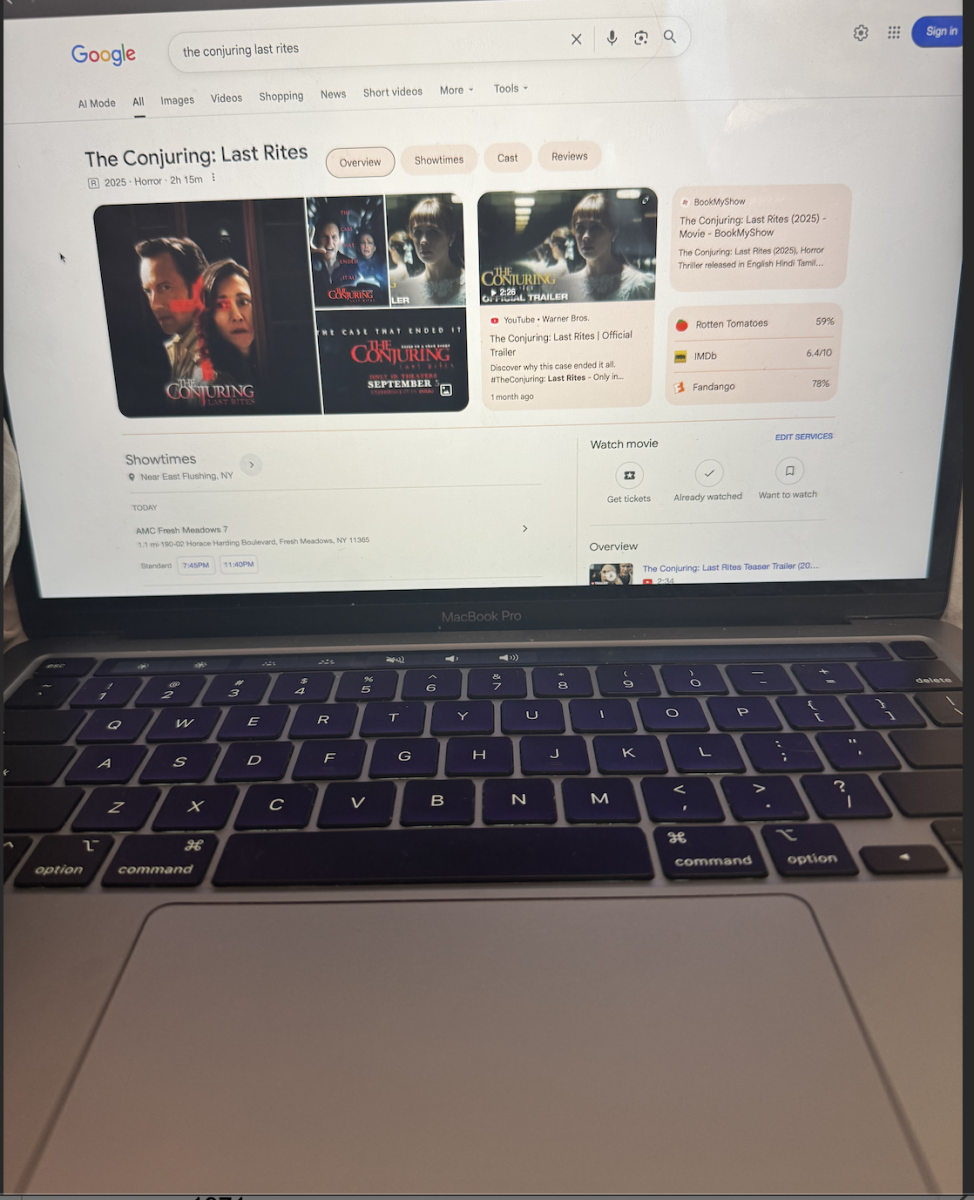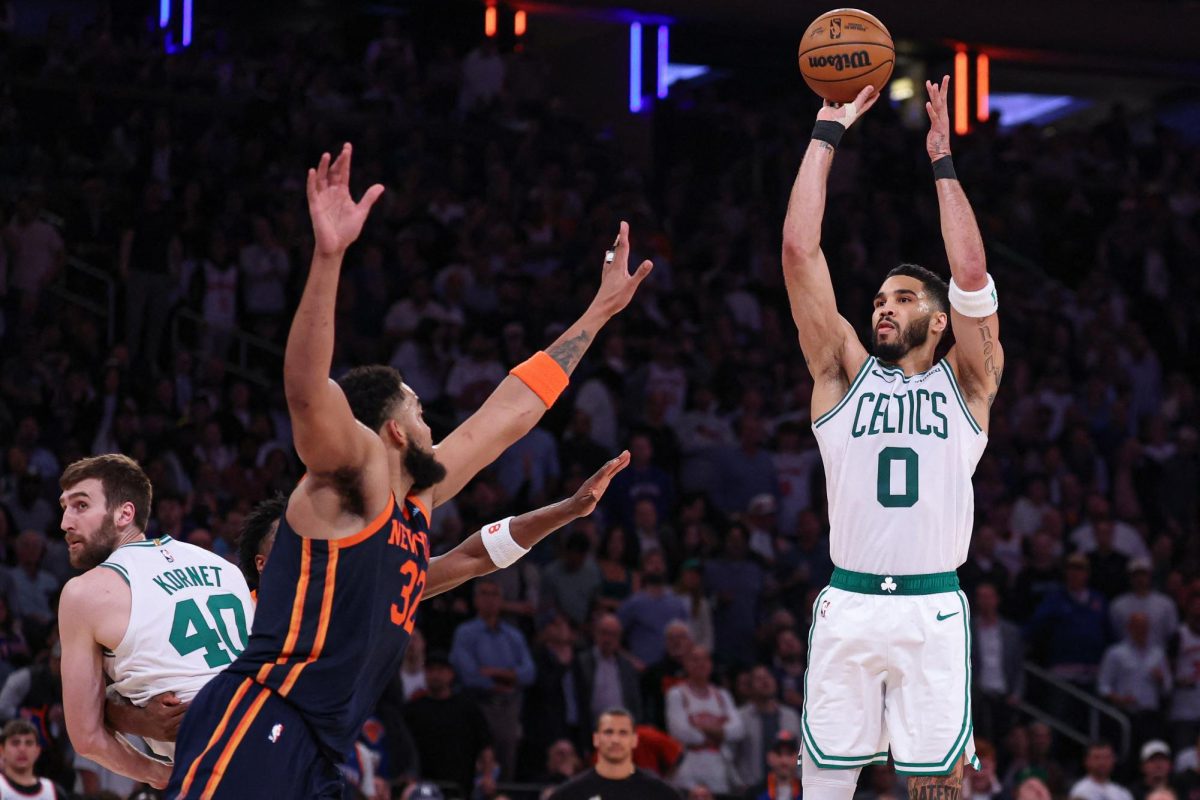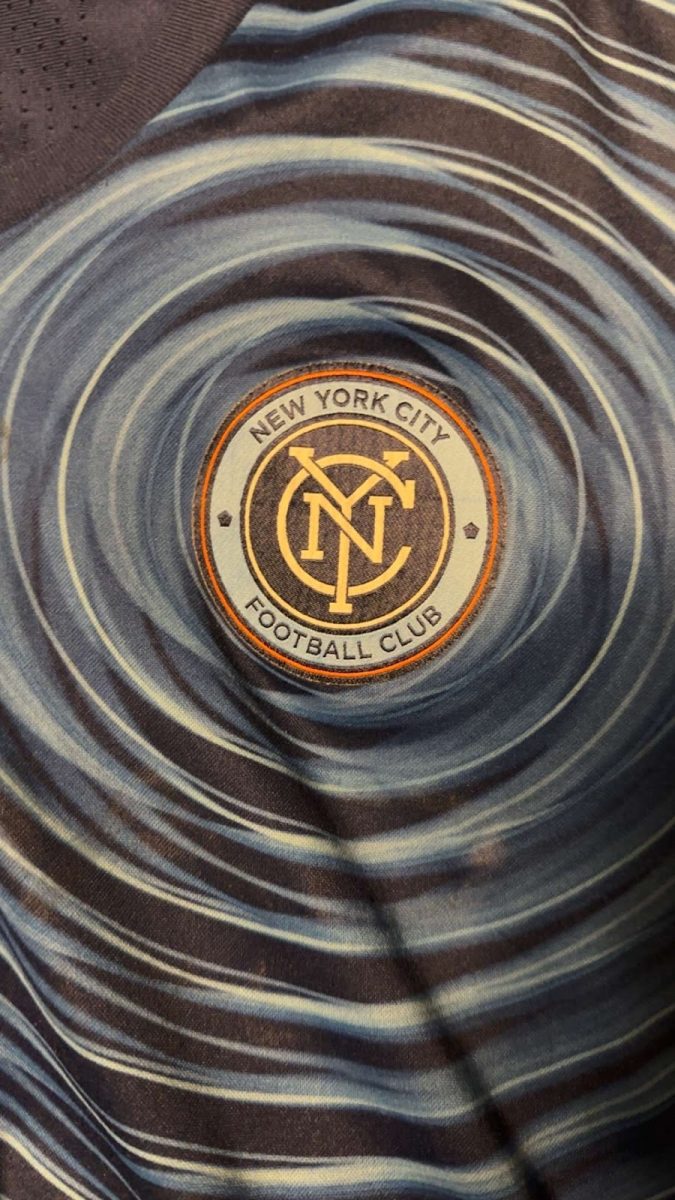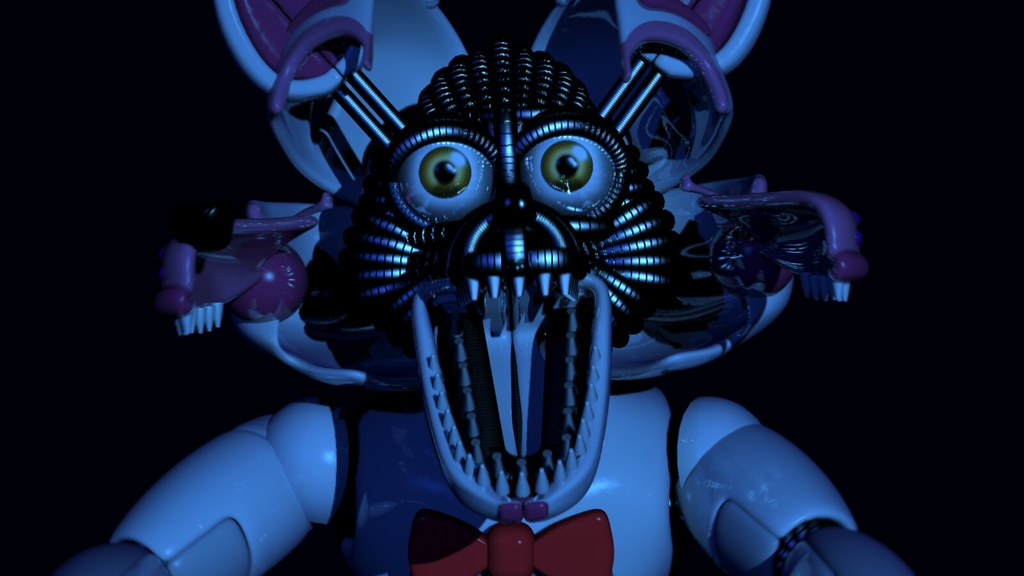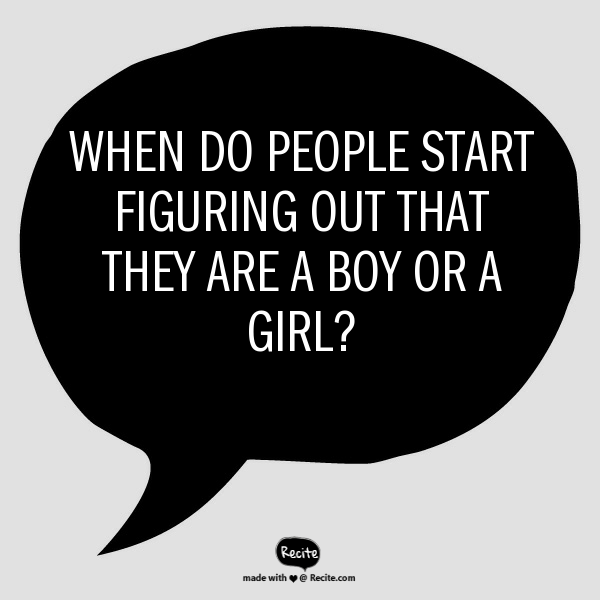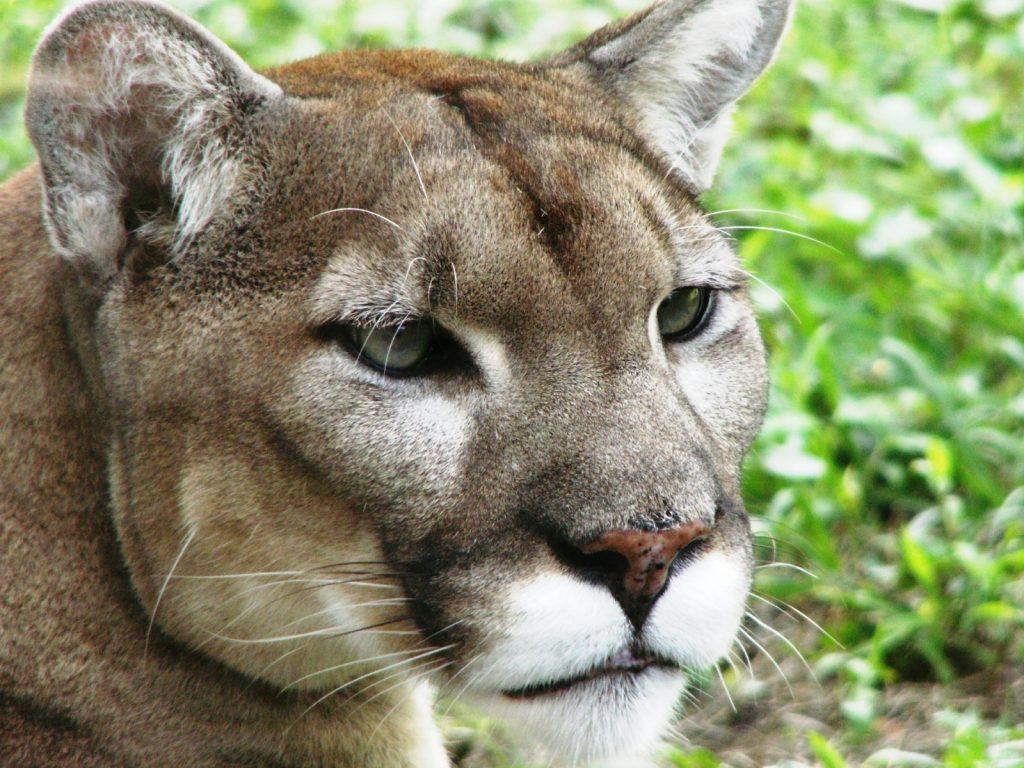by Amanda Rosneblatt,
We grow up living by standards that the public sets for everyone to abide by. Sourcing from The World Counts, there are 353,000 babies born every day around the world. To think that every single one of those babies born have some type of influential figure in their life. Recognizing that even our parents hinder what kind of people we turn into and the thoughts that we develop when we “grow up.” Therefore, imagine how different everyone is raised to be if everyone has an array of morals. How can we directly pinpoint when the line was drawn between males and females and how we are made different? As a baby do you remember the color of the blanket you came home in from the hospital? Or let alone even remembering being born? When do people start figuring out that they are a boy or a girl, or even what differentiates the two?
The relationship of children rising in age to the more they learn has increasingly helped to prove what boys or girls are supposed to do, what they are meant to look like, and how they’re lives are supposed to play out. As we aged, we realized only to learn that boys play sports and girls play with their easy bake ovens. This all extrapolates back to the age old tale of “The Battle of the Sexes” and to who wrote the unspoken law that men are better than woman and that they are the only ones who can handle trickier tasks, or the more humanly physical ones.
There are many professions where a woman is questioned for wanting to pursue a career in such field. They wonder if she would be “cut out” for the position and would be able to handle it considering numerous regards. Today for example, there aren’t as many female engineers because it is a male dominated field and as expressed by the National Science Foundation in figure two, a woman can still be in the same business, acquire the same degree, and have the same amount of experience as a male but, are still not paid as much as them. However, the numbers are slowly rising as people realize that women are more than capable. Information from Wow Museum states that “[m]any feel that women are poised to take over leadership roles in the workplace because of their superior social skills and emotional intelligence. Emotional intelligence includes an array of attributes from self-mastery to interpersonal abilities. Women score extremely high in empathy, the ability to understand other people’s feelings and identify with their difficulties.” Most view women as extremely emotional and only see it as a negative characteristic however, it is proved to let alone be one of the many reasons that scientifically woman are given the title of the “highly superior” gender.
Unfortunately, even with these new advances in educating the public that women are significantly functional in many niches, the ways that women have been portrayed throughout history still hasn’t been satisfactory compared to the outlook people have on men. Women have overcome a multitude of eras in history where they had to step up and face adversity when men thought that they couldn’t possibly ever handle a “man’s job.” Rosie the Riveter was stationed as a figurehead of Women’s Rights activism and stood as a universal model of all of the other hardworking women that took over a “man’s job” while most of them went off to war. About News came to the conclusion that “It would take another generation or two for Rosie’s “We Can Do It!” sense of determination to emerge and empower women workers of all ages, backgrounds, and economic levels. Yet for the brief time she captured the imaginations of white middle class women who yearned to follow in the footsteps of this heroic, patriotic, and glamorous female figure doing a man’s job, she paved the way for gender equity and greater gains for women throughout our society in the decades ahead.” The strength it took for the women to power through and uproot their lives to perform new tasks was unimaginable and still doesn’t go as noticed as it should be. Rosie was one of the first female figures to motivate and implant the idea of women working during the time of World War II. In years passed, the stereotype of a woman would consist of her only cleaning, cooking for the family, and bearing and raising children. The outside jobs that they would have would only mainly include becoming school teachers and handmaids. Following, the women seamlessly carried the United States on their backs without sufficient acknowledgment… who knew that women were strong enough.
Sometimes women don’t get confirmed for the characteristics and positive qualities that they posses. Women have stood upright to society before and following figmented “super heroes” alike to Rosie the Riveter and created projects such as The Women’s Rights Movement and gender equality expeditions. As time goes on, many more women feel empowered and have grown to be able to release the feelings such as inner strength and courage.
In literature specifically, when looking at the diction used to describe women, they haven’t always been highly respected. Dating all the way to present day, women are expected to look presentable at all times and are for example, knocked down a notch if they possibly don’t wear makeup. Although that is a dual standard because men don’t wear makeup but, are still considered to be handsome. Women have been said all through history that that their only purpose to be put on this earth is to “have children and to reproduce,” simply only acting as a sexual creature. Compared to men who are “meant” to be the breadwinner for their family and are supposed to be strong, mentally and physically.
Close your eyes and think about what comes to your mind when someone asks what a woman is to you. What does she look like, what is her occupation, what is her personality traits. Now think about those same objectives but, contrast them to what a man would remind you of.
Some women don’t mind being portrayed as the more simple minded ones however, for the women that aren’t okay with that, they take a stand. The Indian Journal of Political Science compliments such arguments by saying that “[w]omen are subject to incapacities, from a presumed inferiority of discretion and judgment because of her ‘frailty’. Women are regarded weak, inferior, biologically incapacitated natural invalids. Gender prejudice can be identified the way in which the many facets of women’s inequality are justified, explained and thereby perpetuated by presenting the picture of women as something different and debilitated.” According to Juliette Siegnfried in her article titled Physical Traits That Are Universally Attractive in Men and Women, while looking through the eyes of men, “[i]nterestingly [enough], given the obsession we see in recent years with being model-thin, this is not what most men cite as attractive. They are more attracted to women who have fuller hips and buttocks (possibly because that is unconsciously associated with easier childbirth), and a waist-to-hip ratio of 0.7.” When women have physical characteristics such as a smaller jawline and chin, fuller lips, breasts, and behinds they are biologically categorized as such. Although, it is great to be found attractive by the opposite sex, is that all one wants to be known for?
Reading literature has always helped to formulate opinion based thoughts on whichever topic is discussed. Furthermore, stating that the role that gender depicts is exemplified in a multitude of work and are most profound in Pride and Prejudice by Jane Austen, Animal Farm by George Orwell, Hamlet by William Shakespeare, and The Great Gatsby by F. Scott Fitzgerald. Located in each of these well renowned author’s works are moments of women being portrayed as “less than,” even by Ms. Austen, a female writer.
Elizabeth Bennet is a young woman who is pushed by her family and the rest of her community to follow traditions and get married to an acceptable suitor. First off, when was the idea of women needing to marry a man made a necessity? The question of does a woman need a man to survive, which is a very controversial subject matter; however, as proven before the female gender is shown to be more advanced than males. Getting married is supporting the ideals that women need men to take care of them and protect them. Yes, getting married can be out of love and wanting to spend your life with that one special person but, in the Victorian Era that Austen wrote Pride and Prejudice in, every woman was made to get married for wealth and not necessarily for love.
“I do assure you, Sir, that I have no pretension whatever to that kind of elegance which consists in tormenting a respectable man. I would rather be paid the compliment of being believed sincere. I thank you again and again for the honour you have done me in your proposals, but to accept them is absolutely impossible. My feelings in every respect forbid it. Can I speak plainer? Do not consider me now as an elegant female intending to plague you, but as a rational creature speaking the truth from her heart.””You are uniformly charming!” cried he, with an air of awkward gallantry; “and I am persuaded that when sanctioned by the express authority of both your excellent parents, my proposals will not fail of being acceptable.” To such perseverance in wilful self-deception Elizabeth would make no reply, and immediately and in silence withdrew; determined, that if he persisted in considering her repeated refusals as flattering encouragement, to apply to her father, whose negative might be uttered in such a manner as must be decisive, and whose behaviour at least could not be mistaken for the affectation and coquetry of an elegant female (Austen 88).” The marriages were mostly arranged by the parents and contingent upon the suitors social and economic status. Even when Elizabeth wanted to deny her hand in marriage to Mr. Collins, she was unable to because it ultimately came down to what her parents wanted.
Elizabeth’s mother pushes her and all of her other sisters towards marriage and one of the “first things that draw our attention is the descriptive way in which Elizabeth is supposed to behave and the arts she must learn in order to fit in society. She has to learn several abilities such as singing, dancing,… to be a distinguished woman from the upper-middle class (Academia 2016).” There isn’t any freedom of choice either because for example when Mary Bennet exclaims about her sister Lydia that “[u]nhappy as the event must be for Lydia, we may draw from it this useful lesson: that loss of virtue in a female is irretrievable; that one false step involves her in endless ruin; that her reputation is no less brittle than it is beautiful; and that she cannot be too much guarded in her behaviour towards the undeserving of the other sex (Literature Charts).” Women had to be almost perfect during these times unless they would be judged unfairly upon what they did. In that era beauty and common “girlie skills” were held at the utmost importance.
The entire novel surrounds itself with the theme of marriage and female roles in society. Each sister carries a different story and situation however, the same goals and expectations are set for each of the women. These women don’t even carry jobs and aren’t able to gain those life experiences yet either. It is kind of upsetting that in these older eras women were made to be married and only born to do so and bare children. Now there is a choice if you would like to be married or not but, yes it is still slightly frowned upon especially coming from older generations to not be married and for example have a child out of wedlock. Now there are other ways to be able to have a child and not be married or have a significant other. In some cultures the male gender is “worth” more to the family because they can carry over the generational last name to its offspring.
George Orwell does an impressing job by also supporting these ideals that Austen represents through his character Mollie. Her character is set up to be a beautiful white horse who holds itself up with grace among all the other farm animals. During a more serious conversation with the rest of the animals one can see Mollies true priorities. From an excerpt of chapter two, “”No,” said Snowball firmly. “We have no means of making sugar on this farm. Besides, you do not need sugar. You will have all the oats and hay you want.” “And shall I still be allowed to wear ribbons in my mane?” asked Mollie. “Comrade,” said Snowball, “those ribbons that you are so devoted to are the badge of slavery. Can you not understand that liberty is worth more than ribbons?” Mollie agreed, but she did not sound very convinced (Orwell chapter II).” The readers can easily take a step back from this moment and see the translucence of Mollie’s character. She is only concerned with her appearance and how she needs to make sure her bows are still acceptable and allowed.
Yes, Mollie does represent an entire middle class bourgeois and is meant to display more than just a female figure in the novel but, it is still a valid argument to state that Orwell placed his own female gender impression. Did it ever come to mind when analyzing Orwell’s novel that none of the pigs, who were the head leaders of the complete movement, were all male. There wasn’t a female pig, not even was there a female farmer antagonist in the novel; just as Mollie was only used to look pretty and serve hardly any purpose.
Female roles in literature can proceed itself all the way back from the eras of William Shakespeare when he wrote the play Hamlet. Yet again, the leading roles were filled by men but nonetheless, was still supported by women with fairly twisted stories. Ophelia has many adversities placed upon her with the main cause being her dear lover Hamlet and she is only really spoken about when it is in the sense of loving him or being with him. There was an inner struggle within Ophelia however, us readers were only exposed to the timid and cited from Shakespeare-Online, “she spends her days engaged in needlepoint and flower gathering.” Why doesn’t she spend her days splitting wood or sword fighting alike to the men? Why is there even a stereotype that men split wood and sword fight?
Ophelia is shown to be in love with Hamlet and that fully intoxicates her being. With that said, Shakespeare created her entire character over the action of love and how that is all women are concerned about. The ending factor of her life can arguably be because of her inner struggle of listening to her deceased father when he told her to stay away from Hamlet, or following her heart and being with him regardless. “Part of the difficulty is that Shakespeare wrote his female roles for men, and there were always limitations on them that restricted and defined the characterizations devised. In the case of an ingenue like Ophelia, a very young and lovely woman, Shakespeare would have been writing for a boy. The extent to which a boy could grasp subtle nuances might have prevented the playwright from fleshing out the character more fully (cliffsnotes).”
A predicament that is still in some motion today is the discussion of virginity and it’s importance to a woman’s well being. Despite the prethought conclusions that most readers make, it is never straight out said that Ophelia and Hamlet have sex. During Elizabethan England, Ophelia’s family was very strung up on the fact that she was a virgin and that nothing had tainted her because if so then it would be a disgrace to the entire family. Today one can’t say that not being a virgin before entering wedlock is a horrible thing but, the ideals still transfer within a double standard. It is always different when a man is a virgin versus a woman being a virgin. Do you think Hamlet was looked down upon when his mind and body insinuated that he wanted to have sex? Or when his inner thoughts of women were publicly presented to us readers? An article from the Washington Post states that “[a] 2002 survey of about 12,500 men and women found that 97 percent of people who were no longer virgins at age 44 had sexual intercourse for the first time before they married… Among women born between 1959 and 1968, those reporting premarital sex by age 20 was 72 percent, and for those born between 1969 and 1978, the figure was 76 percent. The experience of men in those years isn’t known. The government’s National Survey of Family Growth didn’t include men until 2002.” The addition of males to the survey so far into the future since Shakespeare’s time, further proves that the importance of men being virgin’s wasn’t that high.
Also, Hamlet says to Ophelia in Act 3 Scene I “[i]f thou wilt marry, marry a fool, for wise men know well enough what monsters you make of them.” Thus strengthening the argument that woman aren’t any good in the sense that they turn men into monsters and then assumes that all wives are unfaithful. A reason why Hamlet looks at Ophelia in the way that he does could branch from his mother Gertrude and how she has acted throughout the play. Children scientifically look up to their parents as role models while growing up and even after they become adults; consequently, Hamlet would then be able to formulate his own opinion of women based off of what he saw of his own mother. Gertrude did after all marry her deceased husband’s brother but, Shakespeare wrote it that way. Giuliano assesses the same ideals in her work “The Role Of Women In Society: From Preindustrial To Modern Times” that states “[i]n Hamlet, Shakespeare declared “Frailty, thy name is woman” Humanity is male and man defines woman not in herself but as relative to him. She is defined and differentiated with reference to men and not him with reference to her.” The assumptions are always based off of the man prior to actually trying to analyze the woman.
Motherhood continues with Daisy and her hardly mentioned child in Fitzgerald’s novel, The Great Gatsby. It’s interesting because when most women become mothers, their baby turns into their whole entire world withal, in this particular case with Daisy it seems like she could care less about her child. Even though this novel was set during the Roaring Twenties the hidden struggle within Daisy about her young daughter could have taken place during any other decade.
Daisy describes her memory of her child being born in chapter one and states, “I woke up out of the ether with an utterly abandoned feeling, and asked the nurse right away if it was a boy or a girl. She told me it was a girl, and so I turned my head away and wept. ‘all right,’ I said, ‘I’m glad it’s a girl. And I hope she’ll be a fool — that’s the best thing a girl can be in this world, a beautiful little fool.” With this being said, Daisy was trying to imply that the life of a woman is a happier one in ignorance. If her daughter is a “fool” then she will never have to suffer the harsh realities of the real world. Daisy knows more than well how those go because she never got to marry her true love Gatsby and she wouldn’t want to see her daughter having to go through that as well. Think of the old saying “ignorance is bliss,” because the less her daughter knows, the better.
Fitzgerald also used a lot of symbolism to create imagery when describing Daisy by making her out to be an “angelic” creature who wouldn’t ever do any wrong. She is mostly found with a white colored aura which could also display the meaning of false hope and purity but, as well as daintiness. “Although Fitzgerald carefully builds Daisy’s character with associations of light, purity, and innocence, when all is said and done, she is the opposite from what she presents herself to be (cliffnotes).”The classic story of the girl being delicate and needing a man to charm her to fall in love with him is exactly what was accomplished. Yet again stereotypical of insinuating that a woman needs a man to make her happy and or support her. There was a feeling of indecisiveness when it came to Daisy wanting to be with Gatsby or not and that is a trait that is found in a lot of woman nowadays and was presented in a negative light. Daisy is able to connect to Mollie through their similarities in materialism and closed-mindedness to people’s needs other than their own. Gertrude has comparable ideals to Daisy when facing motherhood and also when conjuring up a few deceitful plans on other characters. Ophelia’s and shared family disappointment with her father not wanting her to go after Hamlet who she loved very much, alike to Daisy whose family wouldn’t allow her to marry Gatsby when they first met because he wasn’t at the same socio economical stance. Lastly she was akin to all the young women in Pride and Prejudice who were looked upon with the pressure of getting married into wealth and the increased importance of having a man to support them.
Collectively if every one of those babies that keep on being birthed every day around the world were surrounded by positive, unsexist, and equal thoughts everything would lead to a completely different perspective on the roles of gender. Hence, if one is male or female it wouldn’t even matter when it came down to everyday life through education, occupation, and finances. The thought of “no she can do that because she’s a girl” would never come close to anything that what would pop into one’s head. Unintentional or not, the way literature is written and the opinions conveyed either apparent or translucent, do change the mindsets of readers. It is proven by research that with time people do change and situations do alter themselves. We candidly have to give it a try.



